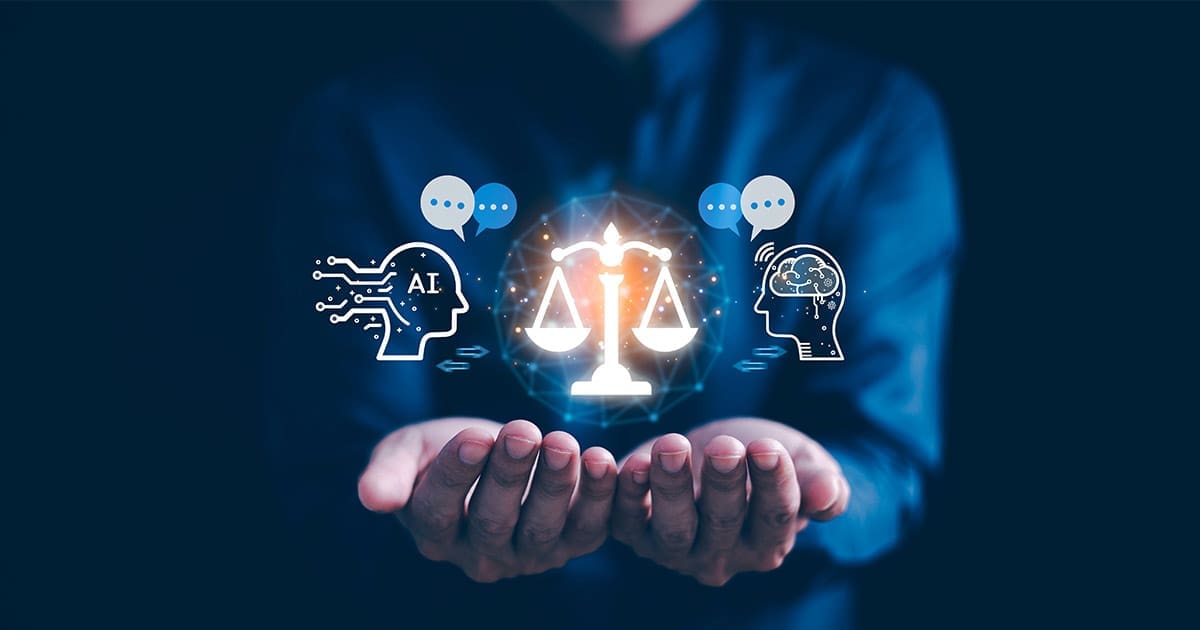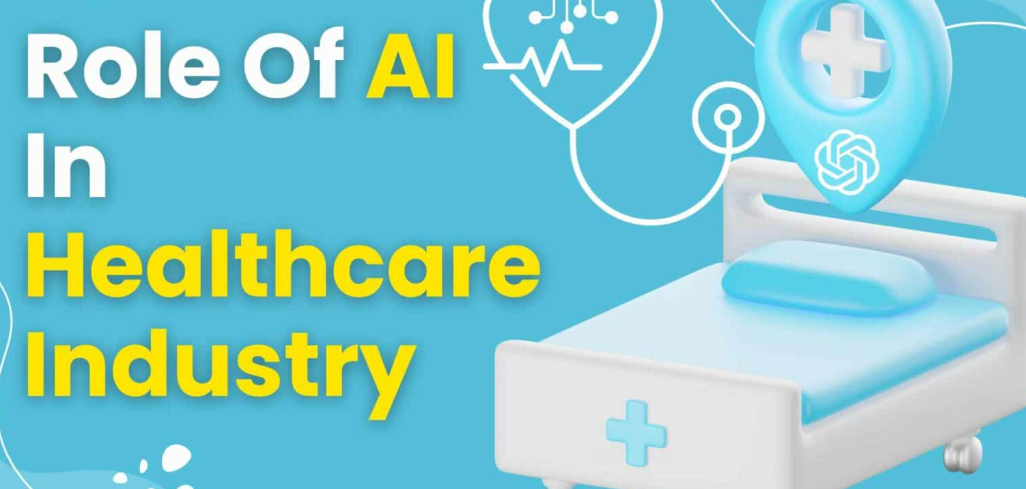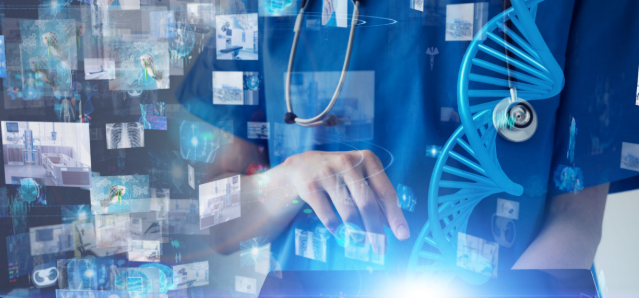Artificial Intelligence (AI) is reshaping healthcare by improving patient outcomes, speeding up diagnoses, and making healthcare services more efficient. From diagnosis to treatment and administration, AI is becoming an essential part of modern medicine.
1. Disease Diagnosis and Detection
AI systems can analyze medical images (X-rays, MRIs, CT scans) and identify patterns that indicate diseases like cancer, pneumonia, or brain disorders. These tools assist doctors in making faster and more accurate diagnoses.
2. Personalized Medicine
AI helps doctors create personalized treatment plans by analyzing a patient’s genetic profile, lifestyle, and health history. This approach ensures more effective treatments and fewer side effects, especially in cancer care and chronic diseases.
3. Virtual Health Assistants
AI-powered virtual assistants and chatbots provide 24/7 support to patients. They help schedule appointments, answer common health questions, send medication reminders, and assist in monitoring symptoms.
4. Predictive Analytics
AI can predict health risks by analyzing patterns in patient data. This is especially useful in identifying individuals at risk for conditions like diabetes, heart disease, and stroke—enabling early intervention and prevention.
5. AI in Medical Imaging
AI algorithms enhance the quality of medical images and detect anomalies that may be missed by the human eye. These tools are used in radiology, ophthalmology, dermatology, and pathology to improve diagnostic accuracy.
6. Drug Discovery and Development
AI speeds up drug discovery by predicting how molecules will interact with biological targets. This reduces the time and cost of developing new medicines and accelerates the approval process.
7. Remote Patient Monitoring
Wearable devices collect health data such as heart rate, blood pressure, and oxygen levels. AI analyzes this data in real time and alerts doctors if any abnormalities are detected, allowing for timely medical response.
8. Robotic Surgery
AI-powered surgical robots assist doctors during operations by providing enhanced precision, stability, and real-time analytics. These systems improve patient recovery and reduce the risk of surgical errors.
9. Natural Language Processing (NLP)
NLP is used to process and analyze unstructured medical records, converting them into organized data. This helps doctors quickly access critical information and improves clinical decision-making.
10. Administrative Workflow Automation
AI automates tasks like billing, claim processing, and patient record management. This reduces human error, saves time, and allows healthcare staff to focus more on patient care.
Conclusion
The applications of AI in healthcare are vast and growing rapidly. By combining the power of data with intelligent algorithms, AI is making healthcare more efficient, accurate, and patient-centered. As the technology evolves, its role in improving global health will only continue to expand.







Leave feedback about this